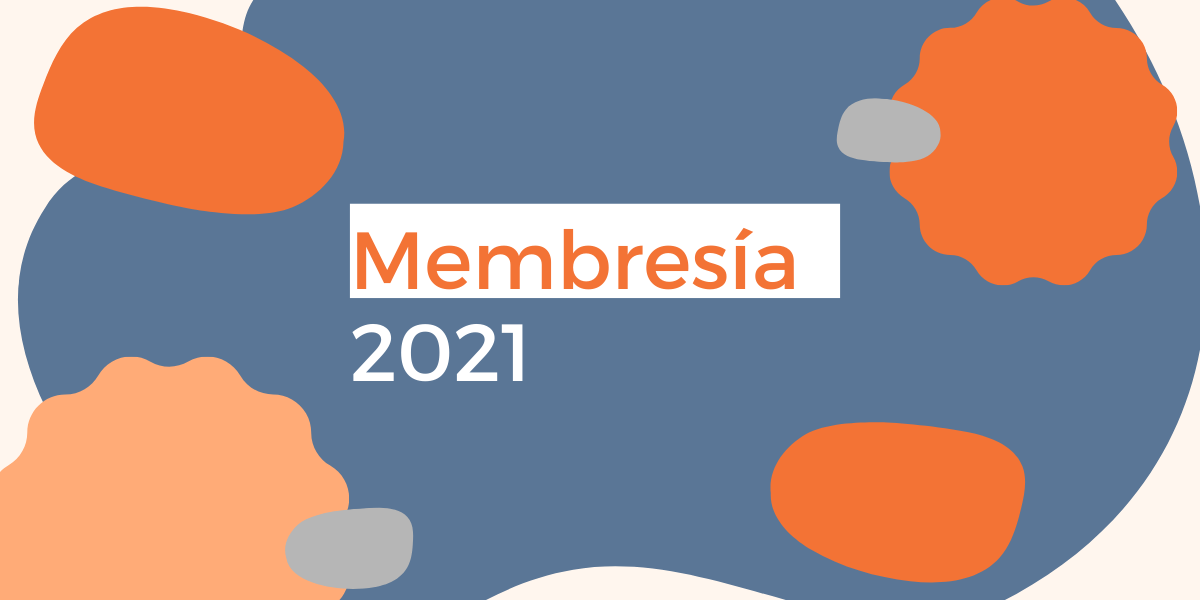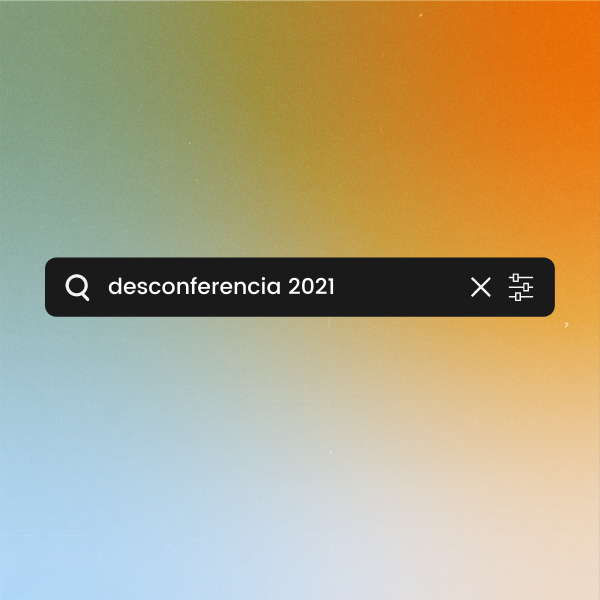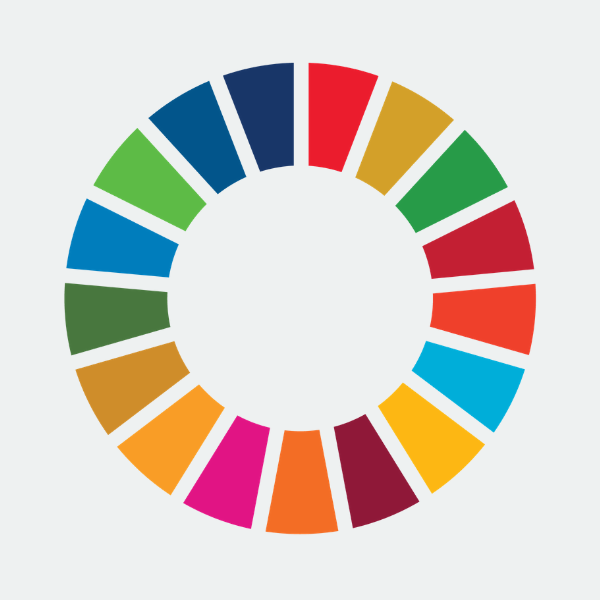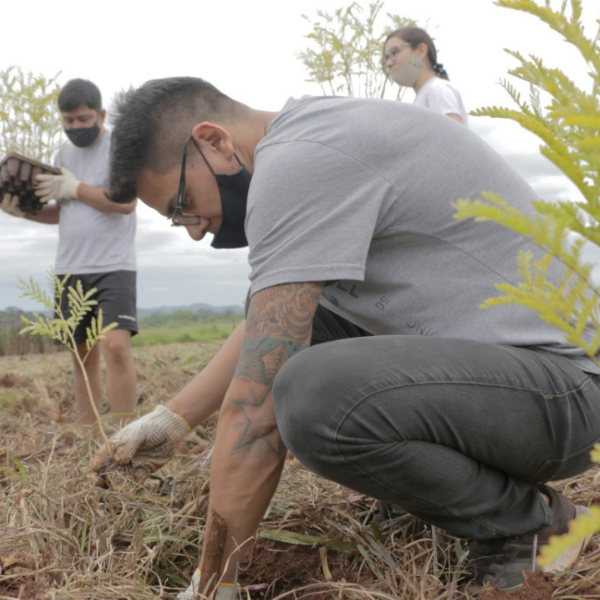Next Monday, May 31, the 2021 membership period that RACI is carrying out will end to incorporate national Civil Society Organizations interested in being part and working together to create a space for dialogue and exchange in the direction of sustainable development and social transformation. Through virtual meetings with different organizations throughout the country, during this month new horizons were reached for the entire Network.
Before starting the process, the RACI team held 2 virtual informational meetings on April 21 and 28. In them, we share with the organizations interested in being part of the network all the work carried out by RACI and the benefits of the articulated work, and the commitments that this entails.
Once the membership period opened on May 1, different activities were deployed to invite the different Argentine organizations to build a future together. Within this framework, on May 10 we organized a virtual meeting with Fundación León focused on increasing the federal character of the Network through dialogue with organizations in the north of our country. Likewise, the dissemination expanded digitally with publications on social networks and via e-mail throughout the month.
The Argentine Civil Society Sector faces a future marked by transformation, which invites social organizations to increase their voice and build and grow platforms that promote them. Throughout the membership period, and thanks to the support of allies and member organizations, we have managed to get our message of articulation to a large number of organizations throughout the country, which expressed their willingness to join this common cause. From these actions, we contribute every day to the strengthening and regionalization of the actions of each member, so we are very eager to welcome the next new members of the network and begin to work together.






